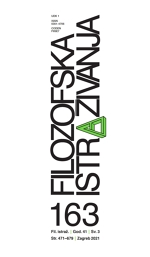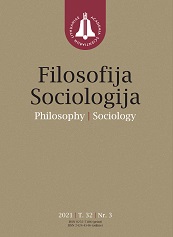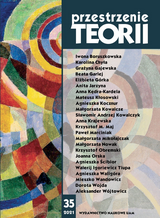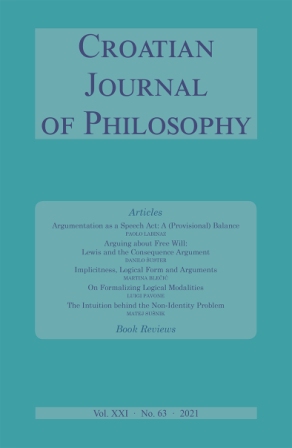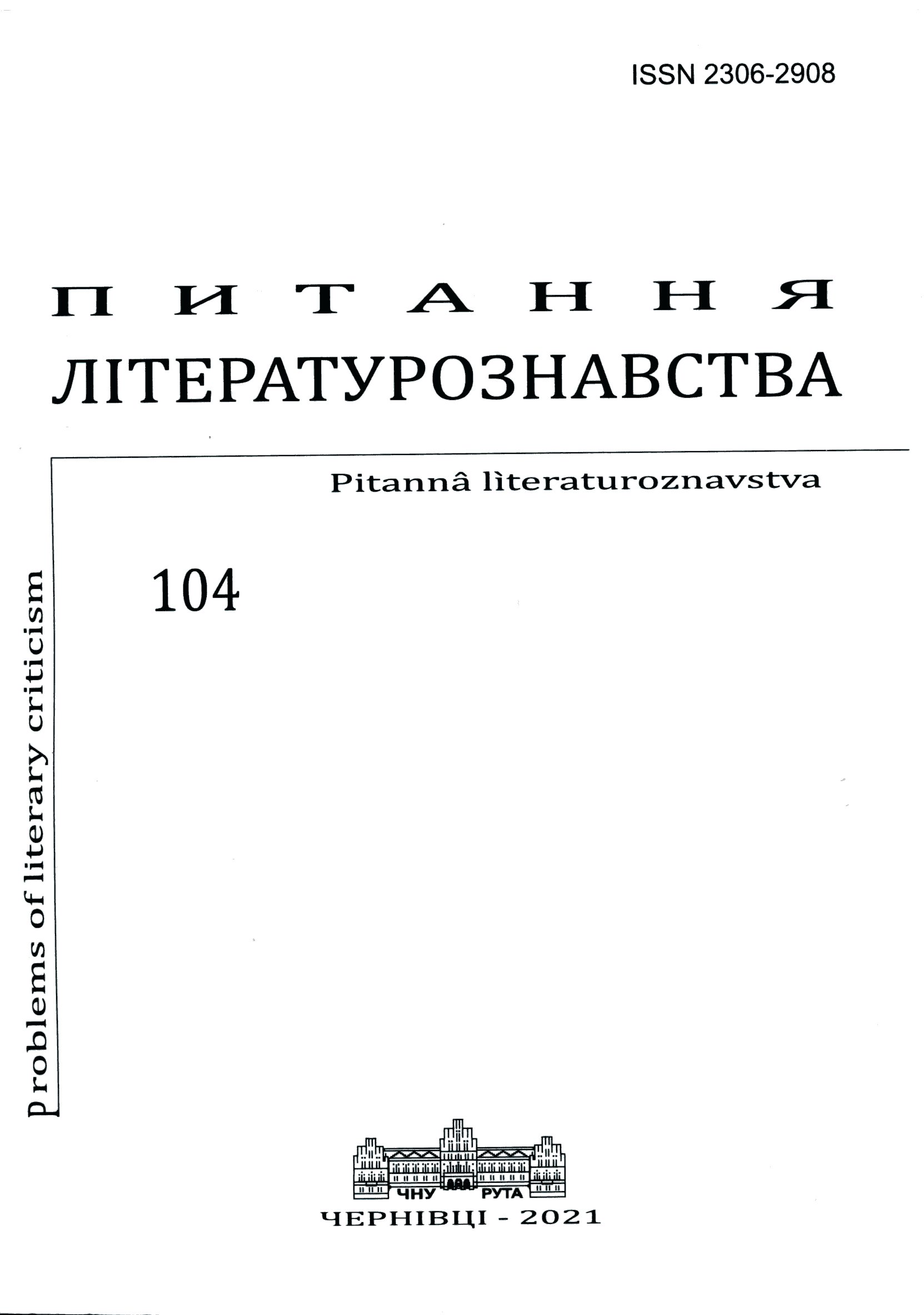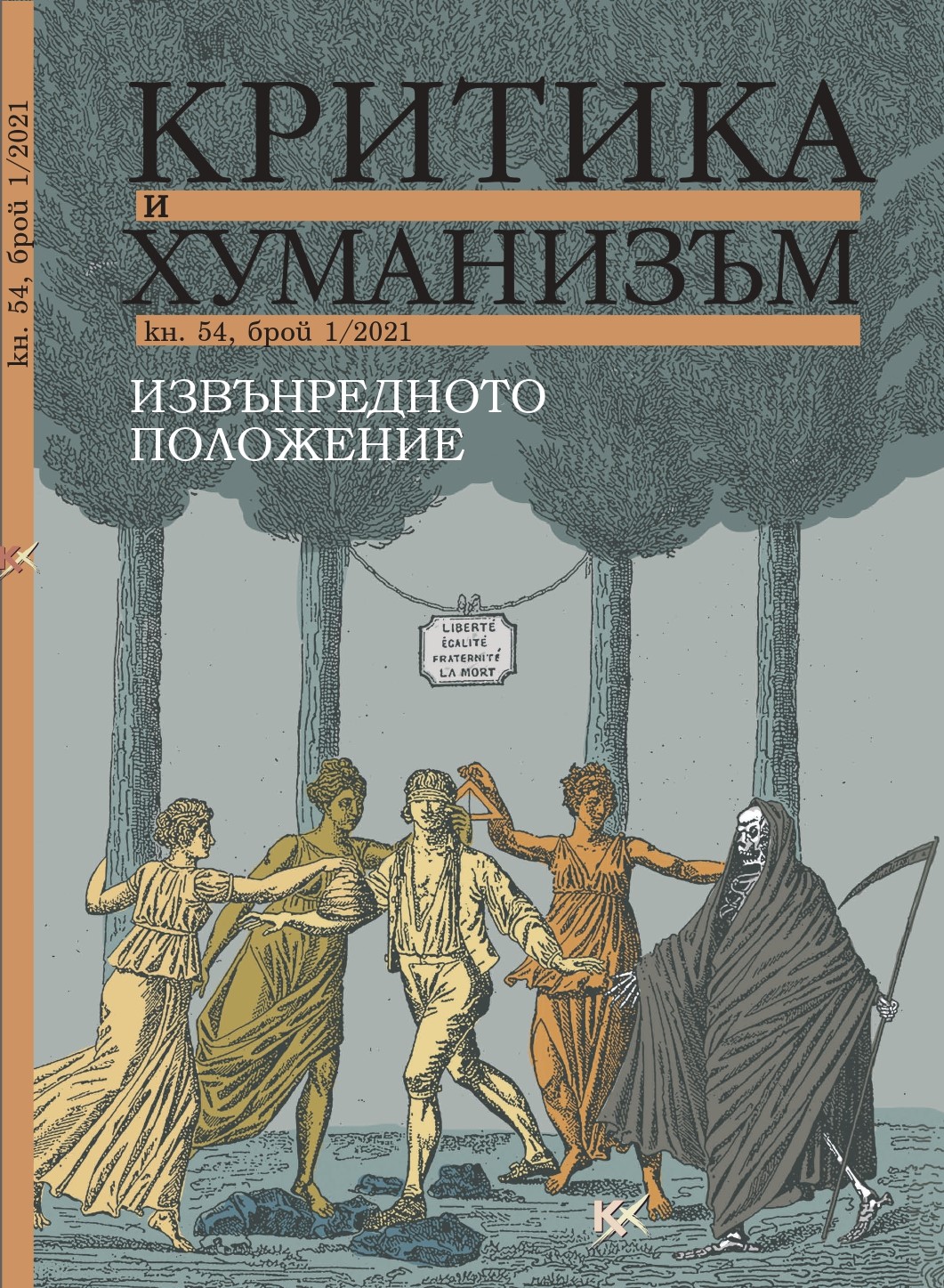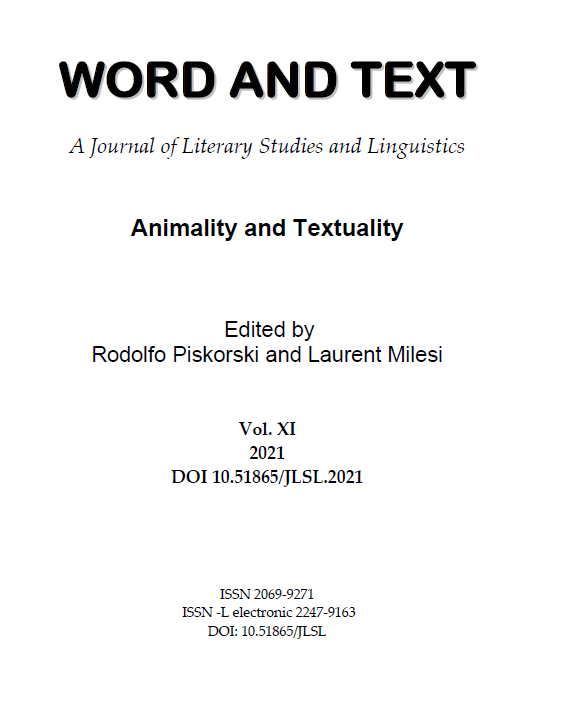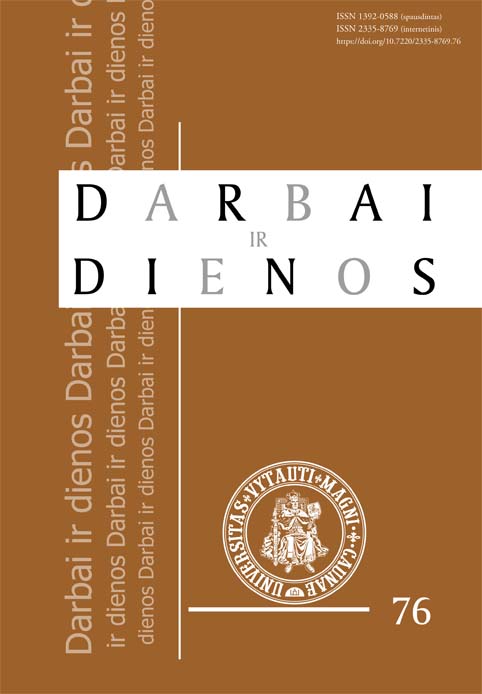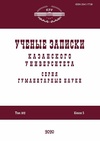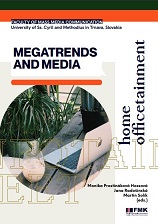Author(s): Alla Sazhyna / Language(s): Ukrainian
Issue: 104/2021
The article under studies deals with the creative possibilities of an advertising text within modern arts. It is generally recognized that the main purpose of advertising is to turn a recipient into a consumer. The advertisers achieve this goal through implementing the four consecutive stages of affecting the receptive consciousness: drawing attention, arousing interest, stimulating desire and encouraging action, which requires a perfect form of presentation. For successful achievement of the above results, the advertisers use rational, emotional, logical, psychological and aesthetic means of persuasion all together. Consequently, advertisement, as a peculiar synthetic type of “aestheticized pragmatics”, does not reject the aesthetic constituent. In the course of perceiving an advertising text, there might occur certain teleological deviations: when the aesthetic component of advertising comes out in the receptive consciousness in the first place, the advertising text can acquire new semantic parameters and be transformed into a qualitatively different text. In this way, most advertising slogans are usually considered. Being separated from the original text, they turn into independent messages (such as proverbs, sayings, phraseologisms) and enter the flow of the contemporary communicative space of speech. Other phenomena, generated by the aesthetics of an advertising text, are numerous anecdotes and comedic sketches, which parody plot structures, themes, images and specifics of the speech of advertising texts, as well as act as autonomous genres. The article under discussion regards the generation of a new text as a free game within aesthetic communication, whereby the author (the advertiser) and the recipient (the consumer) become equally successful partners. In addition, the article contains the analysis of certain samples, in which the aesthetics of an advertising text annihilates its immanent utilitarian form and creates an independent fiction text. Thus, the aesthetic component of an advertising text turns into a particular creative motive, a driving force in generating new literary texts.
More...


